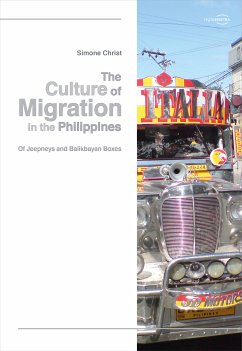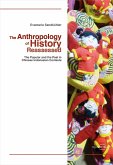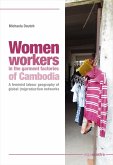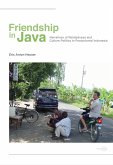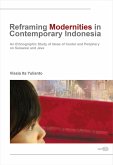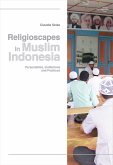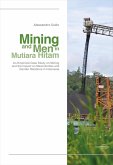Since the 1970s, the Philippine state has been sending migrant workers to the global labor market. Today, around 10% of the population lives abroad. After more than 40 years of state-sponsored labor 'export', international labor migration has become a way of life in the Philippines. From the perspective of cultural anthropology, this book explores the social and cultural influence of labor migration on the sending country. The author studies local meanings and legitimacies of migration and asks how migration relates to concepts of family life and gender. The book shows how social class and social mobility are connected to migration and how return migrants experience their often temporary returns. Based on fieldwork in a major region of out-migration, the author portrays the Philippines as a culture of migration.
Dieser Download kann aus rechtlichen Gründen nur mit Rechnungsadresse in A, B, BG, CY, CZ, D, DK, EW, E, FIN, F, GR, HR, H, IRL, I, LT, L, LR, M, NL, PL, P, R, S, SLO, SK ausgeliefert werden.

